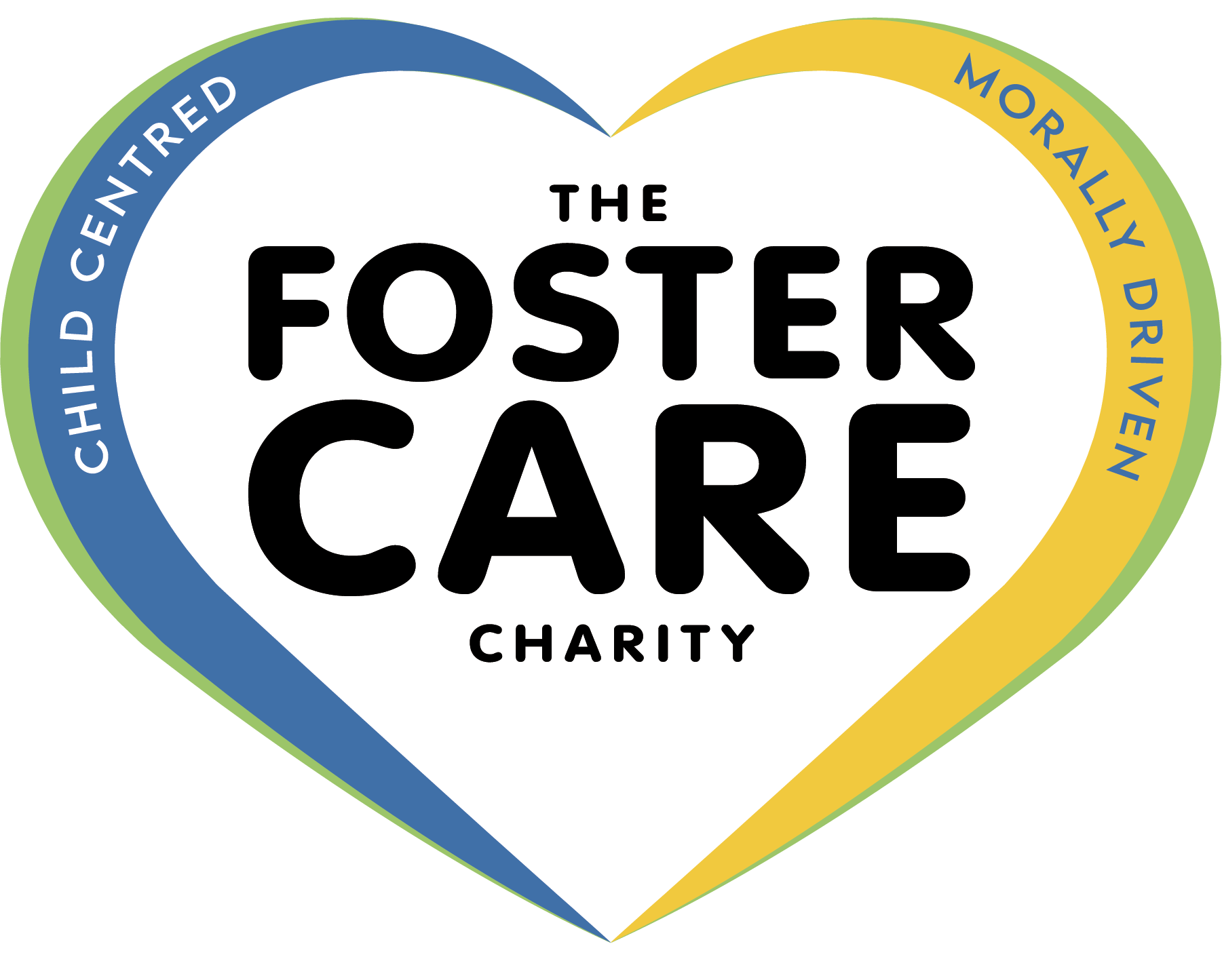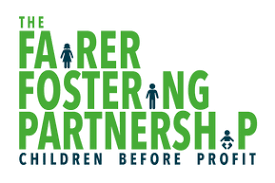
This month focuses on Our Digital World as parents and carers and explores ‘sharenting’ online.
A January blog always feels it should be about something new to mark the New Year. I’ve read many blogs this week with advice for parents, and for children and young people, about e-safety when getting new devices for Christmas. I have also resonated with tweets reminding us that a “New Year isn’t always a New You”; like an upgraded phone. The New Year can also be a time to think about and reflect on values, people and priorities. So this month’s blog follows this sentiment; a shift from understanding our child’s digital world, to exploring a contemporary issue in our own digital world as parents and carers; the debate around Sharenting.
Sharenting is a term used to describe the trend by parents to upload pictures and videos of their children, mainly to social media, but also blogs and websites, often without a child’s consent. The term over-sharenting is used to describe parents who feel the need to share almost every step of their child’s life on social media.
Sharenting often starts with the first scan picture, and research by Parent Zone (https://parentzone.org.uk/article/average-parent-shares-almost-1500-images-their-child-online-their-5th-birthday) shows that an average parent posts around 1500 images of their first child by the time they are 5 years old. For many parents, their child’s digital footprint has been created before they are born and continues into early adulthood; with birthdays, milestones and achievements all uploaded on to the internet.

Sharenting is a topical debate, balancing a child’s rights to consent and privacy, both legally and morally with their control over their own digital footprint. If you are interested in reading further about this I can recommend Steinberg, S, (2017) Sharenting: Children’s privacy in the age of Social Media. This is fascinating reading and the link, along with other suggested reading, can be found below.
There are benefits for parents to upload images on to social media accounts; with keeping in contact with distant family and friends being a main reason. But it is important to think about the reasons for sharing and the associated emotions – both positive and negative – that this creates. Is it solely for Aunty in Australia or an unspoken ‘competition’ with other local parents? I have noticed that a trend in sharing a child’s exam results on my social media feeds seems to have waned in recent years, but there is an increase in ‘first day at school’ pictures.
Most of my blogs and my online safety training emphasises parents educating, guiding and supporting a child’s online presence to keep them safe. This can be guidance for direct supervision online, setting limits to time and features on devices (educative and using assisted technology) or having those conversations about sexting and reminding young people of the dangers of sharing images of themselves online.
But for some parents their genuine sentiments to protect are lost in the moment of desire to share a picture to Facebook, of which the child then has no control. And sadly, for some parents, this can develop into a form of emotional abuse where a child is shamed or humiliated via a picture posted online with the aim of achieving this purpose (see the further reading below).
Things to think about before you make a decision to share an image of your child online:
1) Privacy settings of the site you are sharing it to. Who can see the image? Can friends of friend’s screenshot and distribute?
2) What else is the picture? Can a child be located with a school badge or other identifying information with location or birthday? Could this be a way into YOUR passwords?
3) Ownership once uploaded. Often uploading pictures gives the site permission to use and reproduce the image. Check the T&Cs carefully (and think beyond social media – images are often uploaded to make a greetings card/mug/cushion – are these protected?)
4) Have you asked your child first? Give them a veto on the subject matter shared. We tend to have values about subject matter on our feeds. Check your child’s thoughts and opinions.
5) This may be obvious – but it happens – never share pictures with a child in any state of undress.
6) Think to the future. Will the child, as a teenager or adult, be ok with this picture/image as part of their digital footprint or identity online? Our baby snaps are probably in an album in a cupboard, how would we feel about these online?
Sharenting is a value–base as much as a behaviour. It makes us think about parental rights, children’s rights and the balance between the two. There will be continued legal debate around this, and in the years to come new legal precedents will be set and challenged with regards to protecting children online, the right to be forgotten, and the right to have information removed (as a child and adult).
For children looked after and in foster care, sharenting raises additional issues. There may be legal or court order privacy controls and each child and young person will have a range of digital footprints now before entering foster care. Many fostering agencies, like FCC, have guidance around uploading any images of fostered children online, and these always need tailoring to the child’s needs. What is important is safeguarding, security and a sense of belonging. A child may be able have their image uploaded to Facebook by parents at contact (if no legal restrictions), or upload this themselves, but can’t be part of their foster carers’ wedding photo with whom they have lived for many years.
Sharenting raises many issues for parents and children. Let’s start the discussion; a New Year and time to reflect on our values, priorities and all the people involved when images of children are shared online. Thank you for reading.
Further reading:
Steinberg, S (2017) Sharenting: Children’s Privacy in the Age of Social Media https://scholarship.law.ufl.edu/cgi/viewcontent.cgi?referer=http://www.google.co.uk/url?sa=t&rct=j&q=&esrc=s&source=web&cd=1&ved=0ahUKEwimrLnUo8vYAhVPKewKHVOAAhQQFggpMAA&url=http%3A%2F%2Fscholarship.law.ufl.edu%2Fcgi%2Fviewcontent.cgi%3Farticle%3D1796%26context%3Dfacultypub&usg=AOvVaw1-svC6Se30l7vv1wzp6mkB&httpsredir=1&article=1796&context=facultypub
“Read this before posting photos of your kids on Facebook…..” https://www.marketwatch.com/story/read-this-before-posting-photos-of-your-kids-on-facebook-2015-08-05
“Could children one day sue parents for posting baby pictures on Facebook”https://www.theguardian.com/sustainable-business/2016/may/08/children-sue-parents-facebook-post-baby-photos-privacy
Lynn Findlay.








